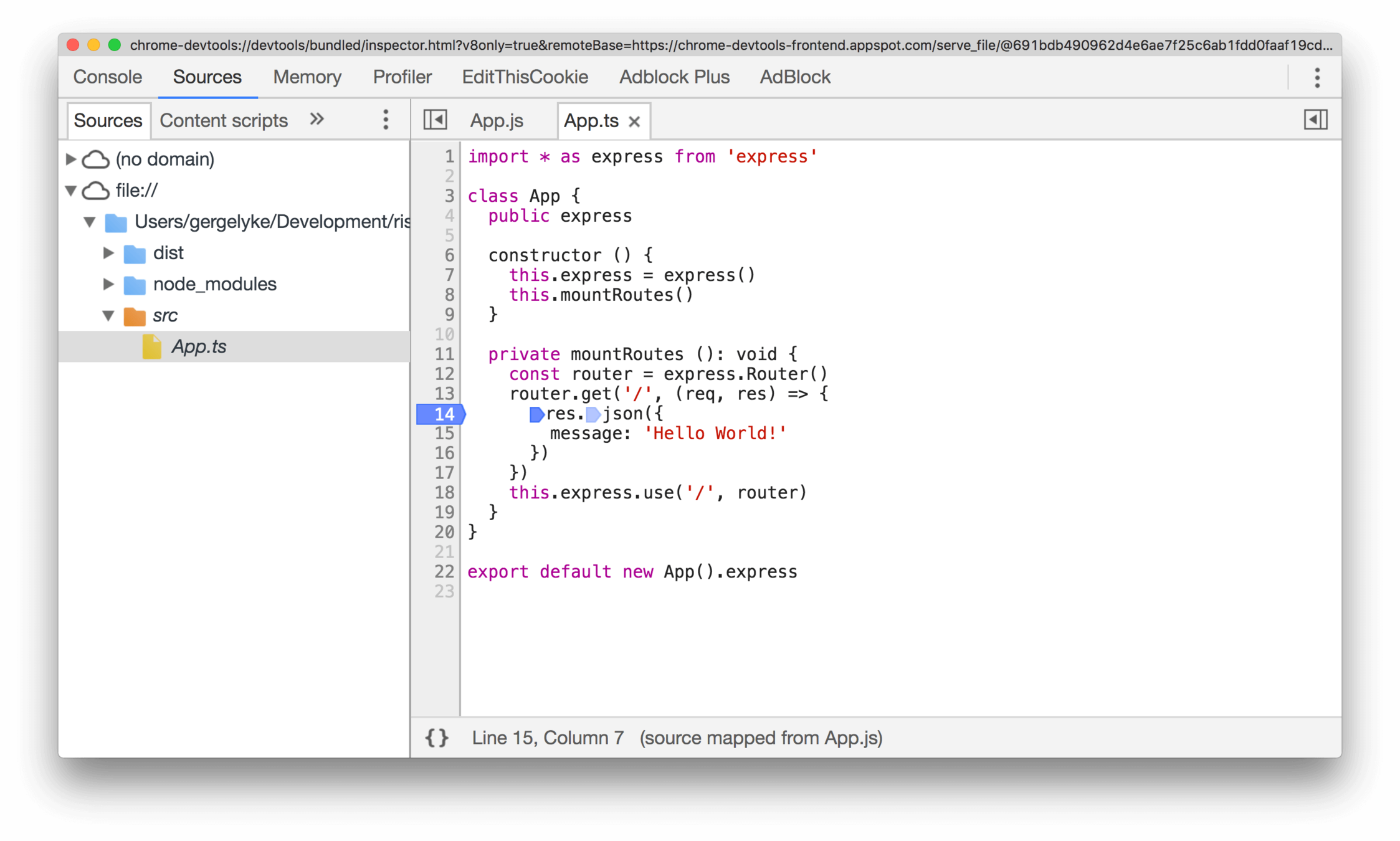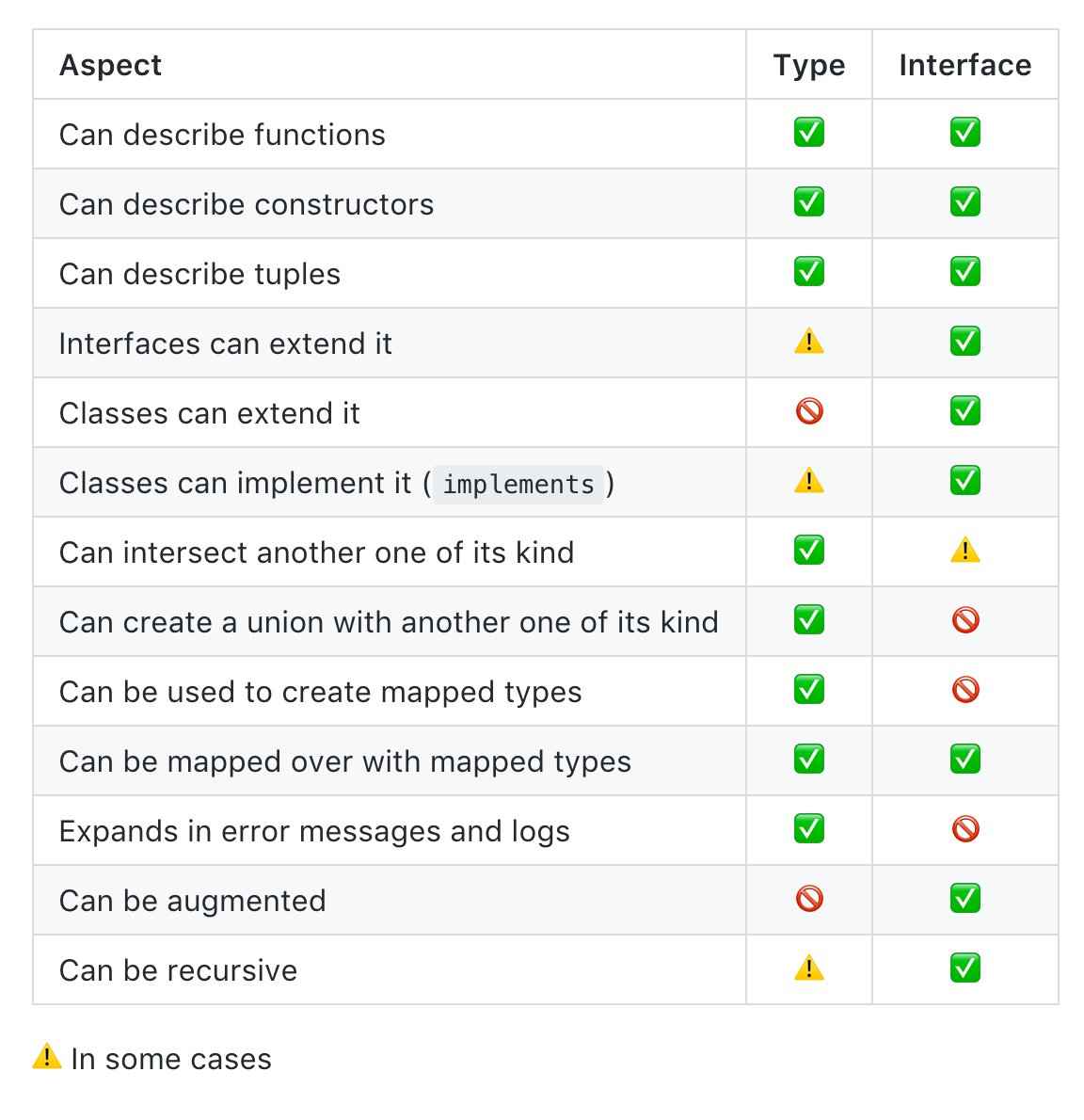Modern
& applicative

(Part 2)

''Type safety at runtime with JSON decoders''
WROCLAW TYPEsCRIPT #6
SEPTEMBER 25TH, 18:30
plac jana pawla II 14
Modern
& applicative

(Part 2)

Modern
& applicative

What is TypeScript?
Superset of JavaScript
function add(nr1: number, nr2: number): number {
return nr1 + nr2;
}Strong typing
Compilation (transpilation) step
Developed by creators of C#
Developed and maintained
by Microsoft
FUN FACTS
How does it work?
Transpiles to JavaScript
class User {
firstName: string;
lastName: string;
constructor(fn: string, ln: string) {
this.firstName = fn;
this.lastName = ln;
}
greet(): void {
console.log(`I'm ${this.getFullName()}`);
}
private getFullName(): string {
return `${this.firstName} ${this.lastName}`;
}
}var User = /** @class */ (function () {
function User(fn, ln) {
this.firstName = fn;
this.lastName = ln;
}
User.prototype.greet = function () {
console.log("I'm " + this.getFullName());
};
User.prototype.getFullName = function () {
return this.firstName + " " + this.lastName;
};
return User;
}());
target:
ES5
Uses source maps
Traces transpiled files back to the original content
Great for debugging

(from RisingStack blog)
Types, alright... What else?
interfaces & types
interface HttpResponse {
body: string;
status: number;
}
const res: HttpResponse = {
body: 'Hello World',
status: 200
};type HttpResponse = {
body: string;
status: number;
}
const res: HttpResponse = {
body: 'Hello World',
status: 200
};
Enums
enum Direction {
Up = 'Up',
Down = 'Down',
Left = 'Left',
Right = 'Right',
}
console.log(Direction.Up); // Upvar Direction;
(function (Direction) {
Direction["Up"] = "Up";
Direction["Down"] = "Down";
Direction["Left"] = "Left";
Direction["Right"] = "Right";
})(Direction || (Direction = {}));
console.log(Direction.Up); // Up
target:
ES5
STRING LITERAL TYPE
type HttpMethod = 'GET';
const hm1: HttpMethod = 'GET';
// OK
const hm2: HttpMethod = 'test';
// ERROR: Type '"test"' is not
// assignable to type 'HttpMethod'.
const hm3: HttpMethod = null;
// ERROR: Type 'null' is not
// assignable to type 'HttpMethod'.Union Types
type HttpGET = {
params: string[];
};
type HttpPOST = {
body: any;
};
type HTTPRequest = HttpGET | HttpPOST;generics
class Collection<T> {
private collection: T[];
constructor(...items: T[]) {
this.collection = items;
}
get(index: number): T {
return this.collection[index];
}
}
const users = new Collection(
{ name: 'Kevin' },
{ name: 'John' }
);
users.get(0).name;
// OK
users.get(0).age;
// Property 'age' does not
// exist on type...benefits
strong typing
no unwanted assignments and operations on types

COMPILATION STEP
NO INVALID SYNTAX ERRORS
NO INVALID OPERATIONS

EASY SYNTAX
JUST ADD TYPE SIGNATURE TO YOUR VARIABLE
java or c# like

ide integration
auto-check type errors
set up your standards (tslint)

flaws
every tech requires some learning, doesn't it?
new concepts (?)

does not solve all problems
does not guarantee no runtime errors
looks like c# but isn't c#
lots of misconceptions

steep learning curve
lots of options
compiler configuration


what's the alternative?
@Controller('user')
export class UserController {
constructor(private userService: UserService) {}
@Post()
save(@Body() user: User): User {
return this.userService.save(user);
}
@Get()
findAll(): User[] {
return this.userService.findAll();
}
}
Basics of TypeScript
By Kajetan Świątek
Basics of TypeScript
- 468



